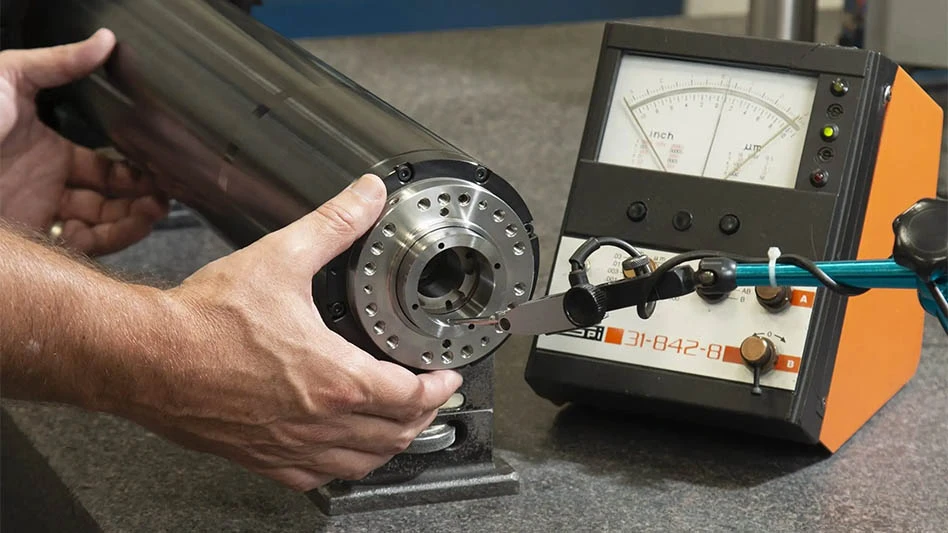
As part of on-going research and development into future technology options, Airbus has signed a memorandum of understanding (MoU) with EGTS International, a joint venture company between Safran and Honeywell Aerospace, to further develop and evaluate an autonomous electric pushback and taxiing solution for the A320 family of aircraft.
The agreement marks the selection of EGTS International’s Electric Green Taxiing System to be evaluated as a new option on the A320 family – referred to by Airbus as eTaxi. This option would allow the aircraft to push-back from the gate without a tug, taxi-out to the runway, and return to the gate after landing without operating the main engines.
eTaxi will use the aircraft’s Auxiliary Power Unit (APU) to power electric motors fitted to the main landing gear wheels. The architecture will include the ability for pilots to keep full control from the cockpit over their aircraft’s speed and direction during taxi operations.
Olivier Savin, EGTS Programme vice president, Safran said: “We are extremely pleased to strengthen our relationship with Airbus, a key customer and industry leader in innovation. Through this agreement we are creating the ideal context to collaborate to best utilize our own landing gear systems expertise to develop a green taxiing solution for the A320 family.”
Brian Wenig, EGTS Programme vice president, Honeywell Aerospace said: “Following our demonstration of the technology at this year’s Paris Airshow, this MoU marks the next critical milestone in the advancement of the Electric Green Taxiing System as an option for Airbus’ A320 Family, by securing Airbus’ support in the development of the system. Airbus will provide extremely valuable insight to facilitate a seamless integration into the aircraft.”
Daniel Baubil, Airbus EVP, head of A320 Family Program said: “Today Airbus delivers the world’s most eco-efficient single-aisle aircraft – the A320 Family. This is the result of our permanent research for innovative enhancements to make our aircraft even more efficient and capable.” He adds: “We therefore look forward to working with our EGTS International expert partners – Honeywell and Safran – with whom we share the common view that the A320 Family is a natural fit for an electric taxiing capability.”
The eTaxi option will offer several operational and environmental benefits for the A320 Family:
• Per trip, the projected fuel savings and CO2 reductions would be approximately 4%;
• It would contribute to significantly more efficient taxiing operations and save around 2 minutes of time on pushback;
• Taxiing-related carbon and nitrous oxide emissions would be cut by more than half.
Over the next few months the partners will jointly develop and present a global commercial case and implementation plan to determine the feasibility of an electric taxiing solution for the A320 family. To this end, Airbus and EGTS International are reinforcing their existing teams to finalize validation studies, define specifications, and converge on market requirements for a fully tailored forward-fit and retrofit technological solution.
Source: Airbus
Get curated news on YOUR industry.
Enter your email to receive our newsletters.Loading...
Latest from Aerospace Manufacturing and Design
- Digital test indicator offers larger measuring ranges
- AviLease orders up to 30 Boeing 737 MAX jets
- 256-piece general maintenance tool kit
- JetZero all-wing airplane demonstrator achieves milestones
- Cermet indexable inserts for medium turning operations
- Trelleborg acquires Aero-Plastics
- Industrial automation products, enclosed encoders
- #61 - Manufacturing Matters: CMMC roll out: When do I need to comply?






